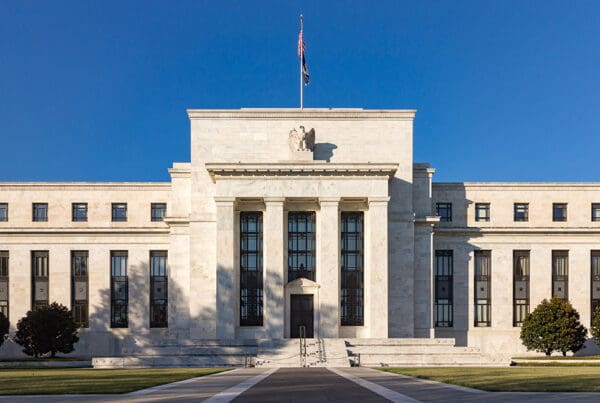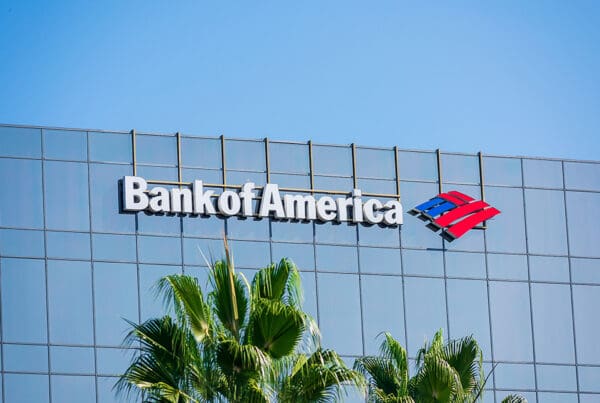As central bankers’ hawkish messaging fueled fears of a deeper economic downturn, investors withdrew billions of dollars from U.S. equity funds over the past week. According to strategists at BofA Global Research, citing EPFR Global data in their weekly report, U.S. stock funds recorded their largest weekly outflow in 11 weeks from September 7. The exodus was largely from technology stocks, which booked withdrawals of $1.8 billion. The data showed that the materials and financial sectors witnessed outflows of $1.4 million. Meanwhile, global equity funds saw outflows of $14.5 billion, with $5.5 billion withdrawn from exchange-traded funds. Government and treasury bonds gained $6.1 billion in the past three weeks. According to BofA Global strategists led by Michael Hartnett, chief investment strategist, the inflow to stocks between the November 2020 and February 2022 period has already ended, and there have been no net inflows to stocks over the past six months. “Bonds hate inflation, equities hate recession, and risk sentiment is appalling,” wrote the analysts.
On Thursday, Federal Reserve Chair Powell said the central bank remained strongly committed to fighting inflation and that politics or other distractions wouldn’t deter it. “I can also assure you that we never take into consideration external political considerations,” Powell said. The hawkish stance has been echoed by many senior Fed officials this week. On Friday, Fed Governor Christopher Waller said they might have to raise the benchmark interest rate “well above 4%” if inflation does not moderate or rises further this year. U.S. stocks finished sharply higher on Friday, notching weekly gains after three consecutive weeks of losses. The S&P 500 SPX, +1.53% gained 61.18 points, or 1.5%, to finish at 4,067.36. The Dow Jones Industrial Average DJIA, +1.19%, advanced 377.19 points, or 1.2%, ending at 32,151.71. The Nasdaq Composite COMP, +2.11% rose 250.18, or 2.1%, to 12,112.31.











